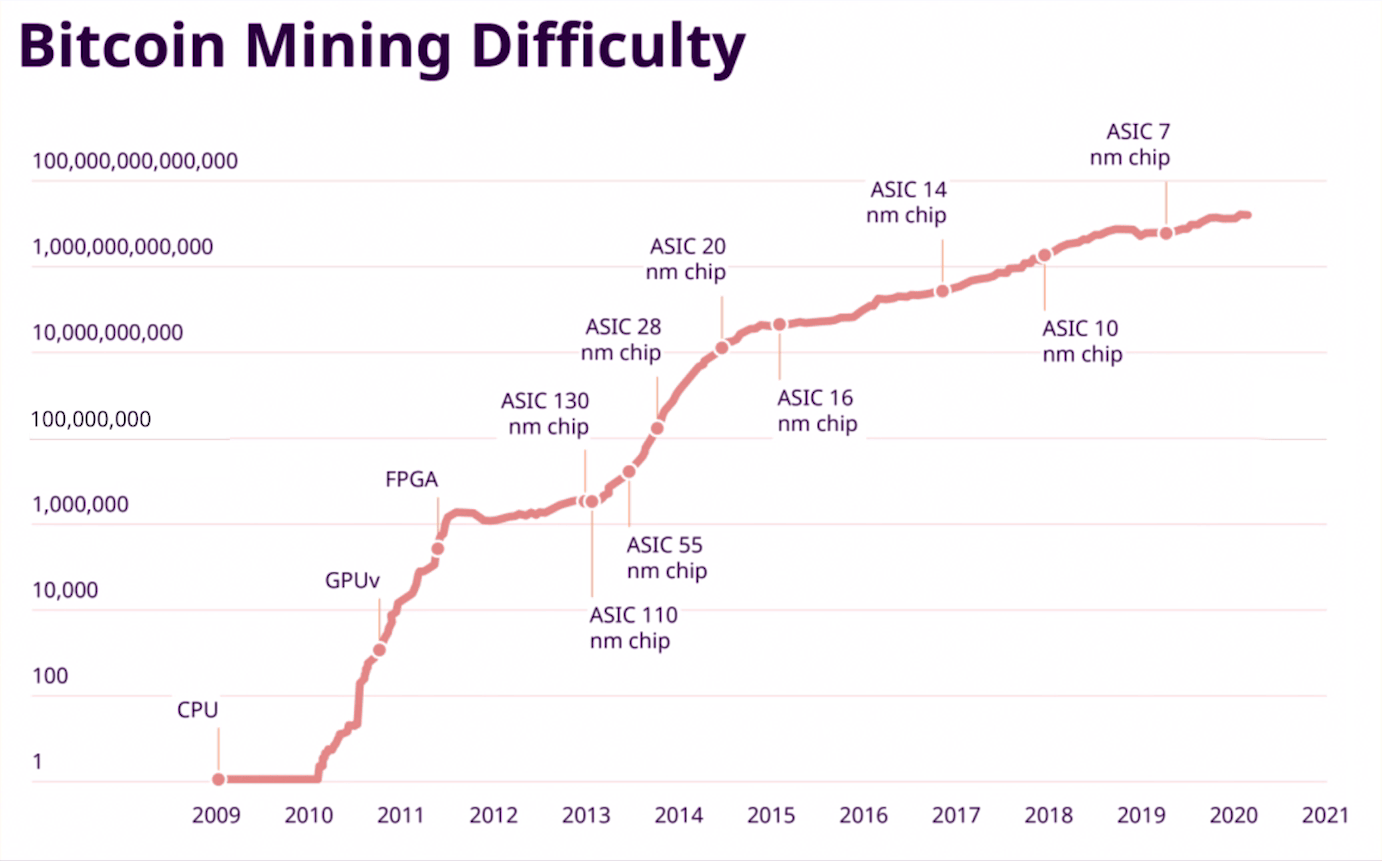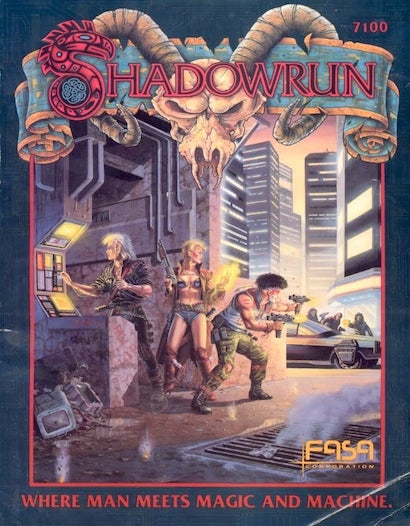Back in May, early Bitcoin pioneers Chun Wang, co-founder of f2pool, and Jeff Garzik, founder of Bloq and former Bitcoin core developer, sat down to reflect on the early days of Bitcoin mining, their own mining journeys, the future of the crypto landscape, and many other topics.
Below, we cover a few of the most interesting stories and anecdotes from their conversation. Watch the video for the full hour-long talk.
Origin stories
The rising difficulty triggered by the first Bitcoin halving and the introduction of ASIC mining was a pivotal event affecting the early mining endeavors of both Jeff and Chun.

Before these events, Chun operated his own mining farm, containing about 100 GPUs. With the release of the first generation of ASICs, however, a single machine had more hashrate than his entire operation, leading him to retire his mining farm and start a mining pool.
Jeff started CPU mining in July 2010. At that time, he was able to mine a block about once a week using only his home PC. In August, just a month later, a developer using the handle of ArtForz created the very first OpenCL kernel to use in GPU mining.* By September, Jeff had his own GPU mining operation in Minnesota, where he and his team rented some cheap office space with a flat rate for electricity usage. Thanks to the cold Minnesota weather, opening the window for ventilation worked as a no-cost cooling system. They were able to produce several blocks a week.
* Like Satoshi, ArtForz’s identity has never been revealed. At one time, he may have controlled as much as 25% of the hashrate on the Bitcoin network.
One CPU, one vote
Anonymous Bitcoin creator Satoshi Nakamoto was not enthusiastic about the new mining optimizations coming out. He wanted to remove the miner from the Bitcoin client into a dedicated mining client. Building the dedicated mining client cpuminer was Jeff’s first contribution to Bitcoin as a developer.
Satoshi hoped Bitcoin would work on an egalitarian “One CPU, one vote” basis. But Jeff saw GPU and ASIC mining coming. While he agreed that it was “a very nice philosophy,” he also thought it was unrealistic.
The rise of pooled mining
The introduction of ASICs was the catalyst that eventually led to the dominance of mining pools. While Jeff believes the rise of mining pools was inevitable, he had mixed feelings at the time.
“It was sad from a decentralization perspective, but it was also inevitable from an economic perspective that people would go to pools.”
Jeff Garzik, Founder of Bloq
At the same time, Jeff points out that having multiple pools to choose from leads to its own kind of “decentralized landscape.” If a pool behaves badly, it’s very easy for miners to point their hashrate to a different one.
One of the main factors that drove miners to pooled mining was income variance. Solo miners could have good and bad streaks, sometimes finding many blocks, sometimes finding none. Pools, on the other hand, could offer a steady stream of income. Jeff’s own Minnesota mining farm started pool mining when they were unable to mine a block within a week.
Many saw early developments like P2Pool—a shared, decentralized pool where miners could contribute hashrate to a subnetwork of miners and get paid a certain amount from each block—as a better alternative to centralized mining pools. But there was a problem: Centralized mining pools were “just easier.” P2Pool was too complex. Unsurprisingly, most miners chose the easier solution.
Virtual nations and the future of blockchain
The book Shadowrun was one of the inspirations for Jeff’s involvement in Bitcoin.

“I love science fiction. That’s how I found Bitcoin in general. I wanted to create these virtual nations, these decentralized societies.”
Jeff Garzik, Founder of Bloq
Jeff sees Bitcoin as the first decentralized, truly free (as in free speech) currency. He hopes to see virtual nations—“free people using free currencies”—in the next decade.
But Jeff is quick to point out that this vision can only be realized with the development of successful decentralized governance models.
“That’s what I love about the cryptocurrency world. It’s a free market of governance experiments. [Those who] survive the free market of governance experiments will be the ones who will create these virtual nations with no geographic borders.”
Jeff Garzik, Founder of Bloq
Chun agrees:
Things have changed, and have completely changed since invent of the Internet. Bitcoin and blockchain technologies will further reshape the landscape and reorganize the society. We don’t need a president anymore. But we need a well defined decentralized governance model.
— Chun (@satofishi) May 21, 2020

